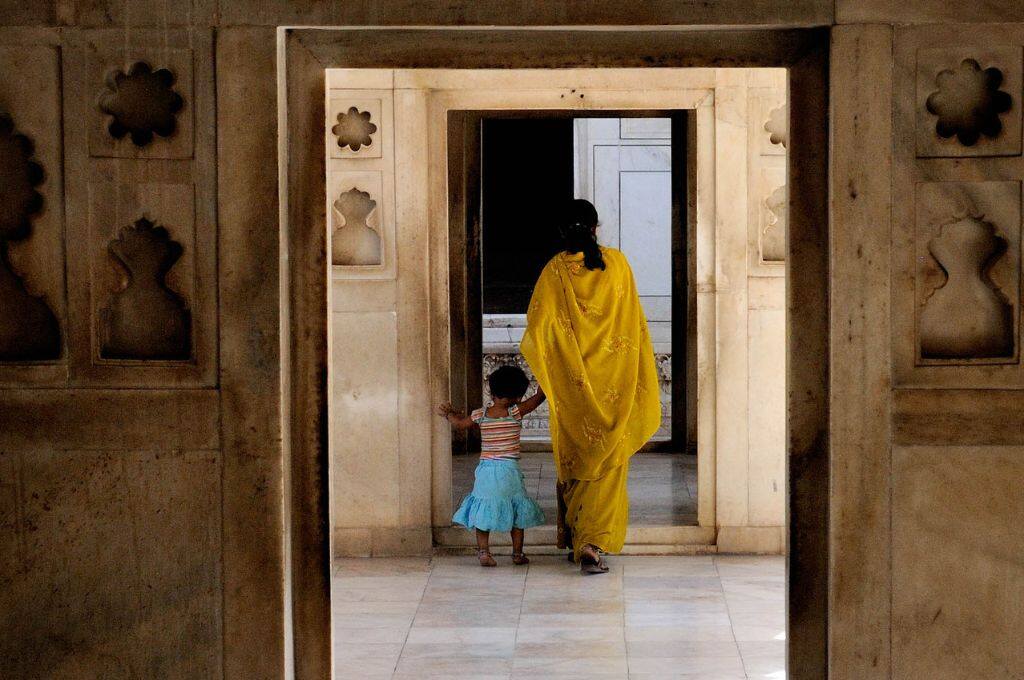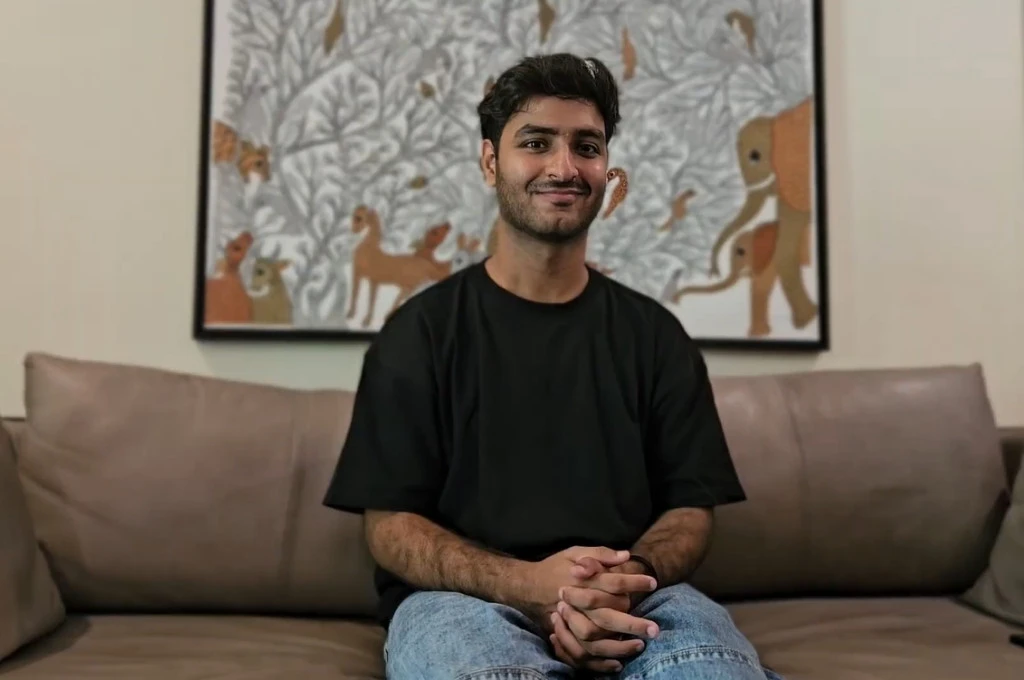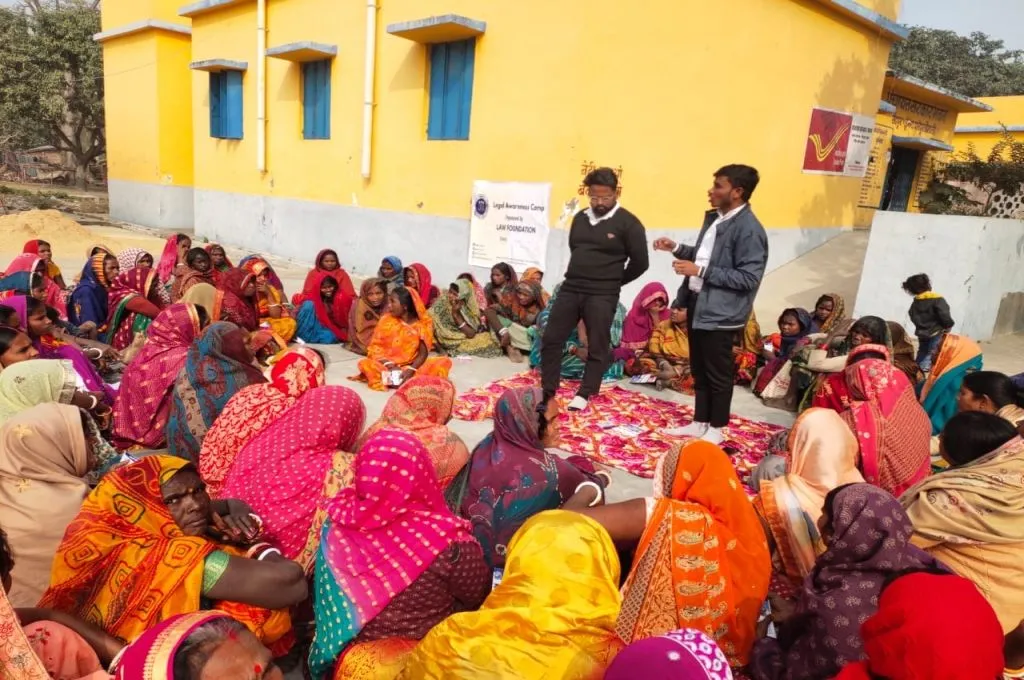The Protection of Children from Sexual Offences (POCSO) Act, 2012, is a ‘special law’ that defines and prescribes punishment for an exhaustive list of sexual offences against children (the law defines a ‘child’ as anyone under 18 years)—covering assault (penetrative or otherwise), sexual harassment, child pornography, and other offences. Recognising that in many child sexual abuse (CSA) cases, the perpetrator might be a family member and someone sharing the same house, the act also broadens the legal understanding of ‘intrafamilial CSA’. Under sections 5(n) and 9(n) of the POCSO Act, the categories of relations mentioned range from relatives of the child through blood, adoption, guardianship, and foster care to a person having a domestic relationship with a parent or a person living in the same or shared household with the child.
Despite this, the number of reported CSA cases continues to be lower than the actual incidence due to various factors—such as cultural norms surrounding family honour being linked to the ‘purity’ of the child (especially, in case of a girl child), the stigma associated with ‘police coming to the house’, and the fear of getting embroiled in a long-drawn-out court case—which discourage reporting, particularly to the law enforcement.
A process that encourages reporting
A child survivor faces multiple hurdles while navigating the process of reporting an offence and the judicial trial that ensues. These hurdles are close to insurmountable when the perpetrator is a family member. A child risks the wrath of other family members for disclosing the offence and faces the threat of ostracisation by their own family. They might fear jeopardising their family’s income in cases when the perpetrator is the sole breadwinner and might also have continued feelings of guilt for ‘putting a family member in jail’. Then there’s the fear of loss of home because the survivors are put in a government- or nonprofit-run shelter for children when their own home is adjudged unsafe for them.
To tackle the unique challenges thrown up in cases of intrafamilial CSA, police, courts, and rehabilitative child protection systems need to come together to create safe and empowering spaces for child survivors to access justice that is meaningful and does not endanger the child’s immediate or long-term future.
Here’s what a child in such situations needs for effective reporting:
1. A safe environment for reporting
Given the hidden nature of intrafamilial abuse, when a child speaks up about their experience, the first response they often get from the confidante is that of disbelief. Most survivors of sexual crime find police reporting a difficult process, and their complaint being dismissed could cause them lasting trauma. A child thus needs to be given a non-judgemental hearing, and should be encouraged to tell their story without interruptions and connected to support services without any delay.
2. Protection of privacy
Generally, in POCSO cases, the name and address of the accused is revealed and the victim’s is redacted. However, this should not be the process for intrafamilial CSA cases because the last name of the child and the accused, as well as the home address, are usually the same. As the case proceeds further in the judicial system, the chances of case documents becoming public increase. This could put the child at risk of ostracisation and stigma.
3. An approachable police system
There is need for a sea change in how the police is perceived by the public, particularly vulnerable children, if we as a society hope to tackle the issue of abuse within the family. The police should build outreach mechanisms and child-friendly spaces, staffed with trained personnel who can handle—with utmost sensitivity and understanding—disclosures of abuse within the family.
4. Awareness about one-stop centres
One-stop centres (OSCs)—intended to support women affected by violence—help in making reporting easier and support services more easily accessible, since they are meant to offer psychosocial counselling, police facilitation, legal assistance, and medical care, all at one location. But most people—including people in child protection systems, and sometimes even the police—are not aware that these centres exist. Knowledge and use of these ensures that a child in distress doesn’t have to go from one channel to another. OSCs also become a place where the Child Welfare Committee—a statutory body meant to look at rehabilitation of children in difficult circumstances—can interact with the survivor before deciding whether to place a child at an institution or send them home.
For their part, the OSCs need to become gender-neutral to be in line with the POCSO Act, which recognises that sexual abuse may be perpetrated on children of any gender.

The need for a sensitive judicial system
Reporting of a case is just the tip of the proverbial iceberg, as the trial is a long and difficult road that still needs to be traversed. As intrafamilial sexual abuse cases carry many complexities, the judiciary needs to evolve enough to engage with the nuances of individual cases. The judiciary should:
1. Increase judicial discretion in sentencing
Presently, the judicial discourse, barring the odd judgement that recognises the needs of the survivor, is far too focused on punitive justice. A person found guilty is given a ‘mandatory minimum’ punishment ranging from three to 20 years, depending on the offence under the POCSO Act.
With the introduction of the death penalty in the POCSO Act, the child may fear causing the death of their family member.
These mandatory minimum sentences take away an individual judge’s freedom to decide the quantum of punishment on a case-to-case basis after considering aggravating and mitigating circumstances. For example, for the offence of ‘aggravated penetrative sexual assault’, Section 6 of POCSO prescribes a minimum sentence of 20 years. Being in a shared household with the perpetrator is already an ‘aggravating’ circumstance. This mandatory minimum sentence of 20 years takes away an individual judge’s freedom to decide the quantum of punishment for the perpetrator. In case someone convicted under Section 6 is a father and sole provider for the family of the survivor, this sentence may leave the child survivor in a vulnerable position for a long time, pushing them into poverty, and possibly without any family support if other family members also turn against them. If Section 6 instead gave judicial discretion, the judge would have the option to treat these as ‘mitigating circumstances’ and opt to give a lower sentence. In the long run, this would create a justice system more responsive to the realities of survivors.
For children who are suffering intrafamilial CSA, this could very well mean that their complaint ends up sending their father or another close relative to jail, possibly for the rest of their life. With the introduction of the death penalty in the POCSO Act, the child may also fear causing the death of their family member. Studies have already shown that these factors can dissuade the child from reporting or supporting the trial in case of intrafamilial CSA.
2. Rethink the requirement of mandatory reporting
The mandatory reporting requirement, which makes the non-reporting of an offence under the POCSO Act by an adult punishable, becomes a double-edged sword for the child survivors of intrafamilial CSA. The punitive consequences also apply to essential service providers such as doctors and counsellors in whom a survivor might confide. Given the nature of the abuse, there are cases when a survivor may not want to approach the legal system. Mandatory reporting creates a situation where a survivor wouldn’t reach out to a qualified doctor or a counsellor because of the fear of being pushed into conversations with the police and the court when they aren’t prepared.
3. Expedite the trial process
The POCSO Act mandates courts to record a child’s testimony before it within a month of ‘taking cognisance’ (the beginning of the trial after the police have submitted the final report of their investigation) and allows one year for completion of the trial. In a case where the accused is a family member, it is essential that the testimony of the child and other witnesses from the family is recorded at the earliest to prevent continued animosity, and to ensure that the child doesn’t get pressured to change their account. The delay in trial also increases the vulnerability of the child or other witnesses as other family members may try to harm or coerce the witness to turn hostile. For example, a mother who wants to support her child’s case may be threatened by the family of the father who is accused in the matter to change their testimony in the father’s favour.
As far as legal assistance is concerned, the state and district legal service authorities provide legal aid counsels to complainants in need, although no schemes or programmes cater to setting up panels of ‘victim’s advocates’ provided by the POCSO Act. It also becomes important to sensitise the victim’s advocates in intrafamilial cases to represent the needs of the victim before the court and not that of any other family member or guardian.
A system for the welfare and rehabilitation of children
The POCSO Act lays out a number of provisions to support the welfare and rehabilitation of child survivors of sexual abuse, including interim and final compensation. However, bureaucratic obstacles often hinder the process. For example, the time taken in deciding the quantum of compensation, transaction limits on bank accounts of minors, and the police’s involvement in the verification of a child’s documents delay the disbursal of the money to the child.
Some of these obstacles can be overcome by keeping in constant touch with the survivor’s family with the help of a support person appointed by the Child Welfare Committee. This person, generally from a civil society organisation, becomes a bridge between the survivor, the welfare committee, and the court, helping the survivor navigate the judicial system. In Delhi, where this model has been effectively implemented, the court summons the support person to file a ‘rehabilitation plan’, covering parameters such as health, education, and physical and psychological safety. They continue to file regular reports with the court as well as the committee to keep both the bodies aware of the rehabilitation of the child.
A support person reduces the chances of a survivor’s revictimisation and aids in their rehabilitation.
If a survivor doesn’t receive the compensation, a support person can communicate between them and the court and facilitate the process. Further, in cases where there is a threat to the safety of the child or a hindrance to the child’s education as a backlash to the offence being reported, the support person can ask the court to step in to ensure the safety of the child/witnesses by ordering witness protection, and/or interim compensation for continuation of education. If a child wishes, the support person can also sit with them and other vulnerable witnesses during the recording of the testimony.
In intrafamilial CSA cases where the child’s own family may not be supportive of the case, the role played by the support person and victim’s advocate in providing a safe space to the child becomes even more crucial. It reduces the chances of a survivor’s revictimisation and aids in their rehabilitation. However, this model hasn’t been implemented uniformly across all Indian states. This lapse can be attributed to many reasons including the fact that there is no clear financial provision that law or policymakers have made for ensuring that these survivor-friendly systems are actually in place. The POCSO rules say that support persons can be appointed using funds from the Juvenile Justice Fund—a state-level fund that every state government is to institute for the welfare of children needing care, rehabilitation, and support. But this provision appears to be on paper currently, with both the Supreme Court and multiple high courts pulling up state governments for non-operationalisation.
Survivor-centric justice in cases of intrafamilial abuse will never be possible without a supportive legal system that focuses on rehabilitation, values listening, and nuance, and ensures implementation of laws on the ground. The child doesn’t need grand pronouncements; they need a system that helps build a safe space for them, is interested in what they have to say, and aids them build a life beyond the trauma.
—






